Home

Premature Babies

How to Take Care of Your Little One When He/She Is Arriving Early? What are Some Causes of Preterm Birth?
In this Article
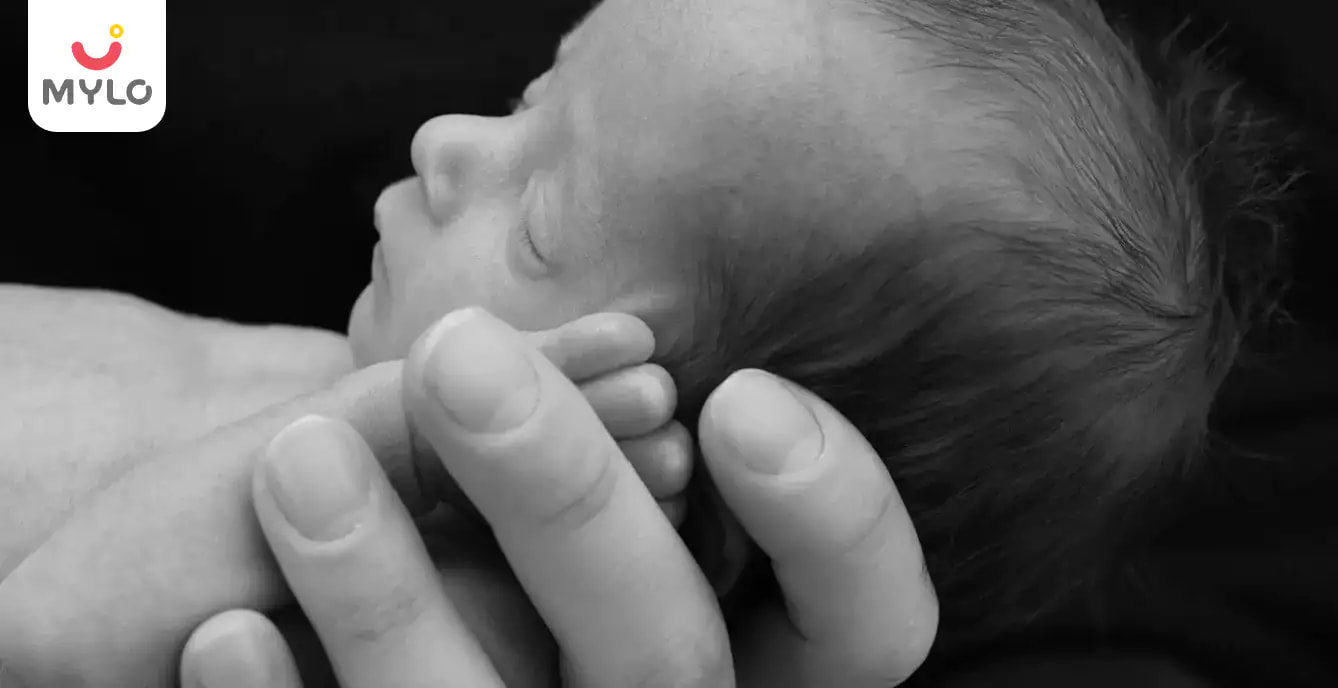
Premature Babies
How to Take Care of Your Little One When He/She Is Arriving Early? What are Some Causes of Preterm Birth?
Updated on 7 November 2022



Medically Reviewed by
Kusum Sabharwal
Obstetrician & Gynecologist - MBBS| DGO
View Profile

Generally, a healthy baby is born after the full-term pregnancy of 40 weeks however if a baby is born at the 37-38th week of pregnancy or even earlier then the baby is known as a preemie. The chances of survival of the baby are too less if h/she is born before the 23rd week of pregnancy. The complications of the preterm birth of the child may vary however the earlier the baby is born, the higher is the risk of complicated medical problems. According to the experts, the preemies are broadly classified into 4 categories.
Types of Preterm
Late Preterm
If the baby is born between the 34-36th week of pregnancy
Moderately Preterm
If the baby is born between 32-34th week of pregnancy
Very Preterm
If the baby is born at less than 32 weeks of pregnancy
Extremely Preterm
Born at or before 25th week of pregnancy
Causes of Premature Birth
-
Congenital abnormalities
-
Having Twin/ multiple pregnancies
-
A weak cervix
-
Presence of bacterial infection inside the pregnant woman’s vagina
-
If the pregnant woman bleeds heavily during pregnancy
-
Certain abnormalities of the uterus
-
A history of previous abortions
-
If the mother has experienced any miscarriage previously
-
Early breaking of the water
-
History of alcoholism, smoking, or any other drug abuse
-
If the woman has ever faced domestic violence or grown up in such environments
-
If the mother’s job involves strenuous physical work
-
If the expecting mother is either underweight or overweight
-
Age factor (if older than 35)
-
Infections like UTI, vaginal infection, respiratory illness
Some characteristics of a Preemie
-
The head of the baby is extremely large and has a small-sized body
-
The doctor observes Lanugo (body of the baby is covered with fine hair)
-
The skin of the baby is too thin
-
Under-developed facial features
-
The temperature of the baby’s body will be relatively cold in a normal room
After a quick examination, your preemie might be shifted to the NICU (Neonatal Intensive Care Unit). Before finalizing the hospital for your delivery, you must ensure that the hospital has all the well-equipped facilities. The doctor might put your preemie in an incubator to maintain the temperature of the body. Doctors can easily feed the baby through the holes in the incubators. If needed the doctors might do some tests for your premature baby like:
-
Blood tests
-
Ultrasound scan
-
Fluid input and output
-
Breathing and heart rate monitor
-
Echocardiogram
-
Eye exam
If your preemie is suffering from jaundice then the doctors will put your baby under special bilirubin lights. Certain medications might be given to your baby if needed and to treat certain complications related to organs of the body then your preemie might undergo surgery as well. The lactation counselor will guide you on how to store the pumped-out breast milk and feed your preemie. After getting discharged from the hospital and going through so much in your pregnancy it's highly important to take good care of your preemie at home. The doctor will allow you to take your preemie home only when he/she can breathe on their own, can take breastfeeds or bottle feeds, has to gain appropriate weight, and stays warm without any help. No matter how low you feel you have to invest ample time with your little one because a preemie needs a lot of attention and care. Each baby is different and takes its own time to grow.
Some tips to keep in mind while taking care of your preemie
-
Once you are at home with your preemie you must not allow too many visitors because that can protect your infant from exposure to germs.
-
Once you attain stable health you must hire a nanny or a caregiver for your little one. You must give enough time to cuddle and pamper your preemie.
-
If you are already a mother then make sure you give enough time to both the kids. If in case your preemie is in hospital then you should explain the condition to your elder child.
-
You can consult a healthcare provider if you are unable to understand what your preemie is going through.
-
Sing a lullaby or check for illness if your baby doesn’t stop crying. Keep a check on the baby’s feed and wet diapers.
-
If your preemie is facing reflux then you must consult a pediatrician and change the feeding bottle’s cap regularly. Make your baby burp after the feeding session.
You may like: https://mylofamily.com/article/benefits-of-kangaroo-care-for-premature-babies-155436
References
1. Lilliecreutz C, Larén J, Sydsjö G, Josefsson A. (2016). Effect of maternal stress during pregnancy on the risk for preterm birth. BMC Pregnancy Childbirth. NCBI
2. The National Academies of Sciences Engineering Medicine. (2007). Preterm Birth: Causes, Consequences, and Prevention. https://www.nap.edu/read/11622/chapter/6#89





Medically Reviewed by
Kusum Sabharwal
Obstetrician & Gynecologist - MBBS| DGO
View Profile


Written by
Mittali Khurana
Mittali is a content writer by profession. She is a dynamic writer with 04+ years of experience in content writing for E-commerce, Parenting App & Websites, SEO.
Read MoreGet baby's diet chart, and growth tips

Related Articles
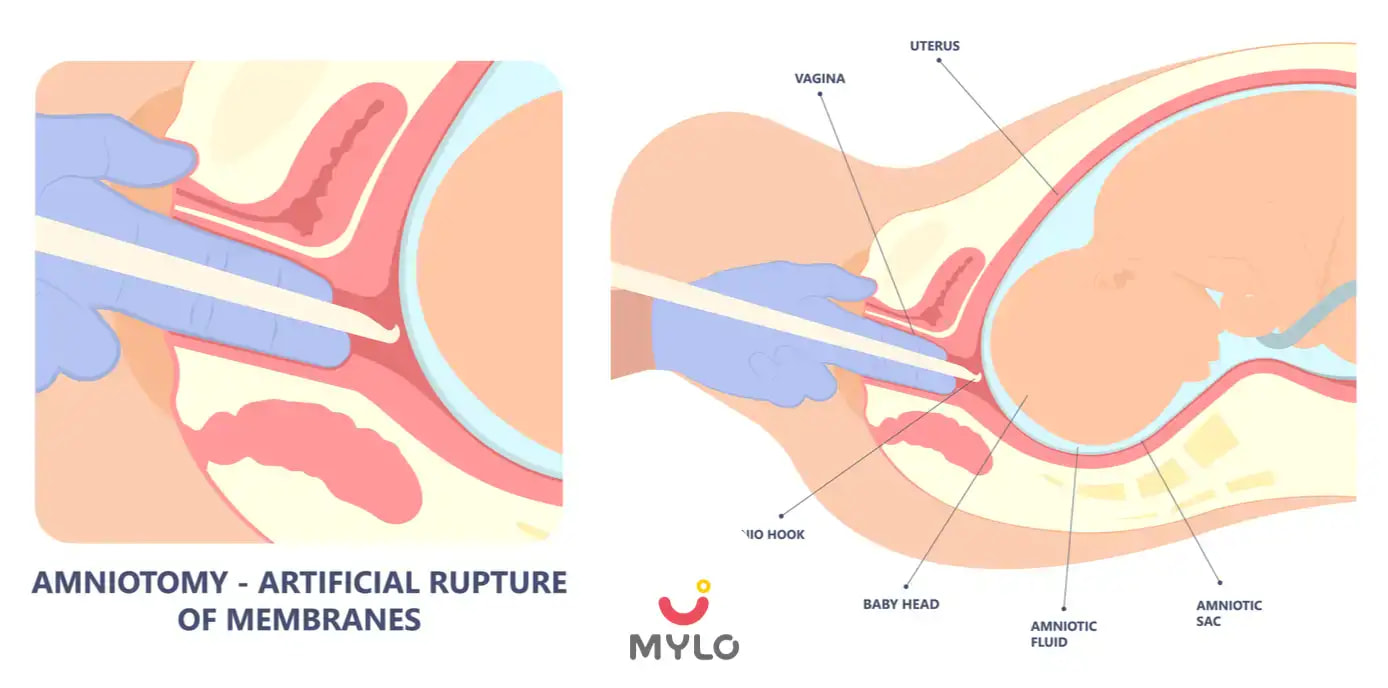
What are the Symptoms and Causes of a Premature Delivery & How to Prevent it?
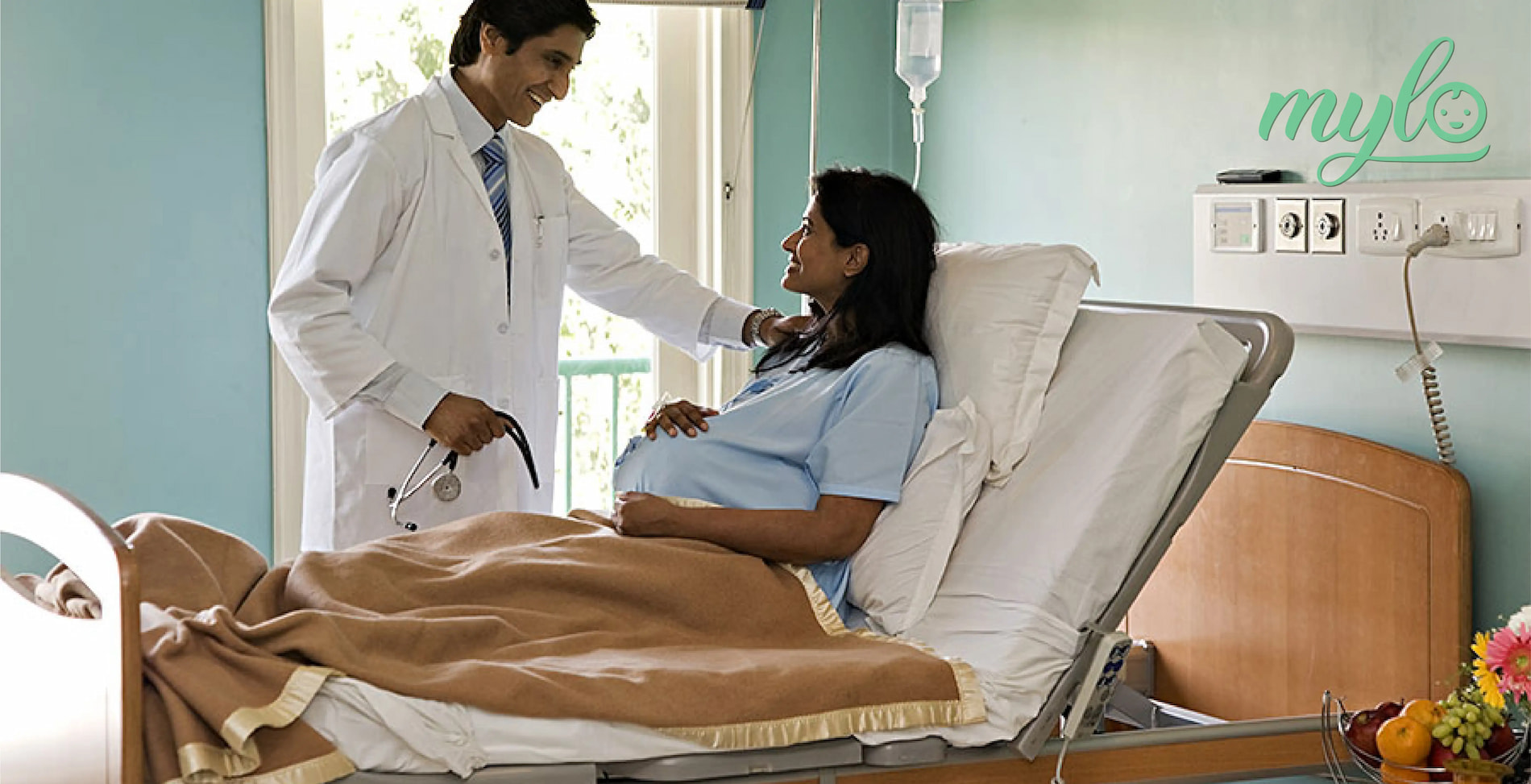
Are you at the risk during your pregnancy? Here's a complete guide on Preterm labor- Signs, Symptoms, and Causes.
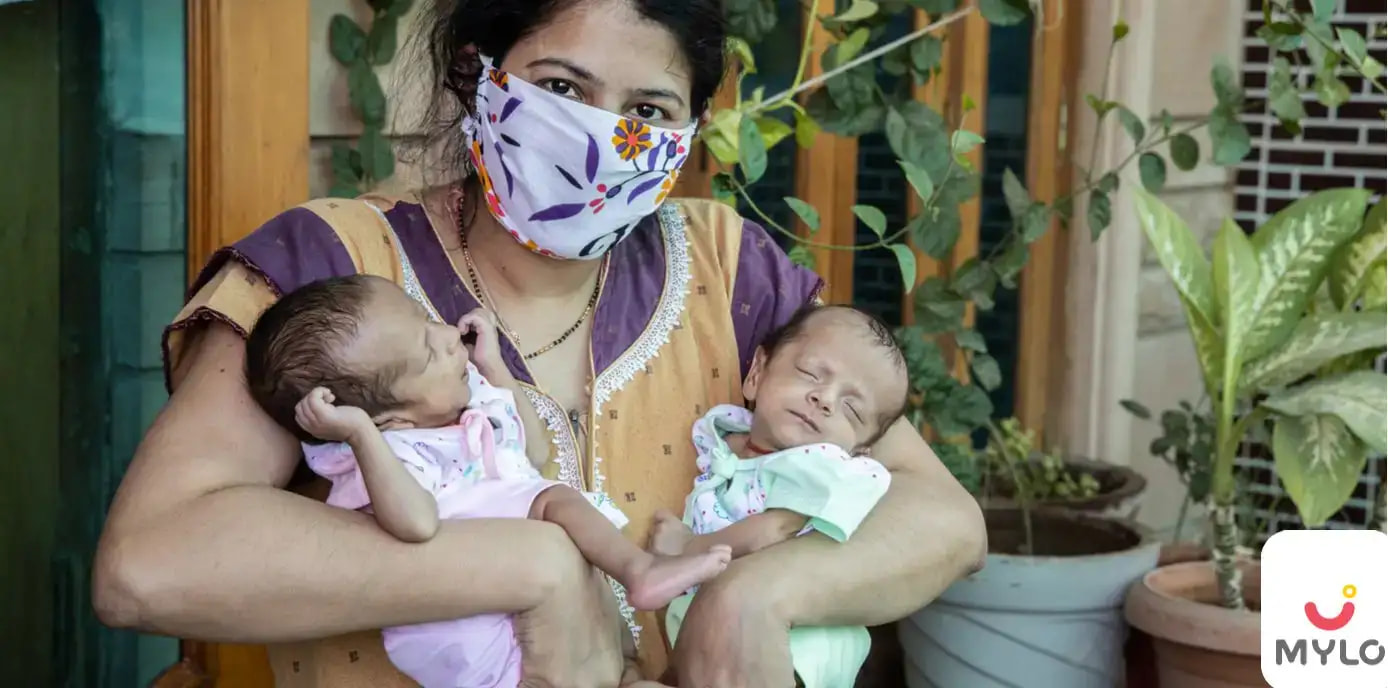
How to Take Care of Your Premature Baby at Home: Some Useful Tips
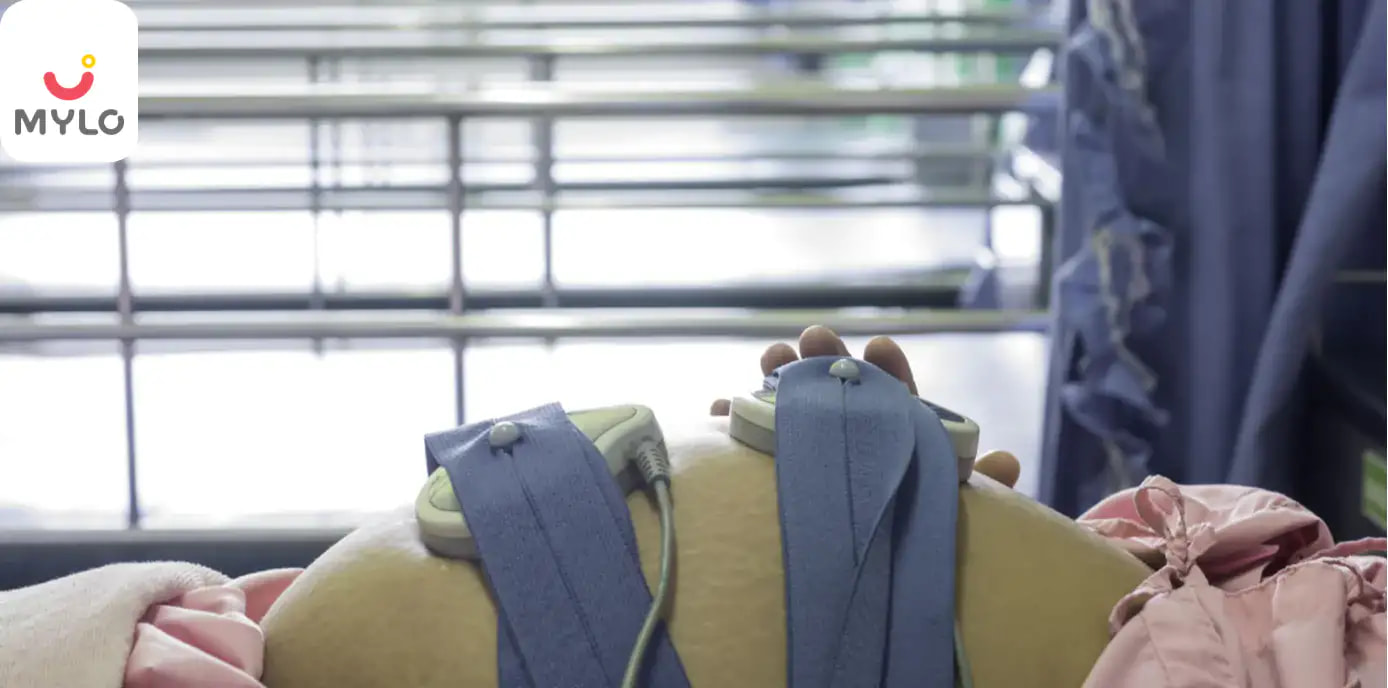
Post Term Pregnancy: Symptoms, Causes, Complications, Risks, Management & Treatment
RECENTLY PUBLISHED ARTICLES
our most recent articles
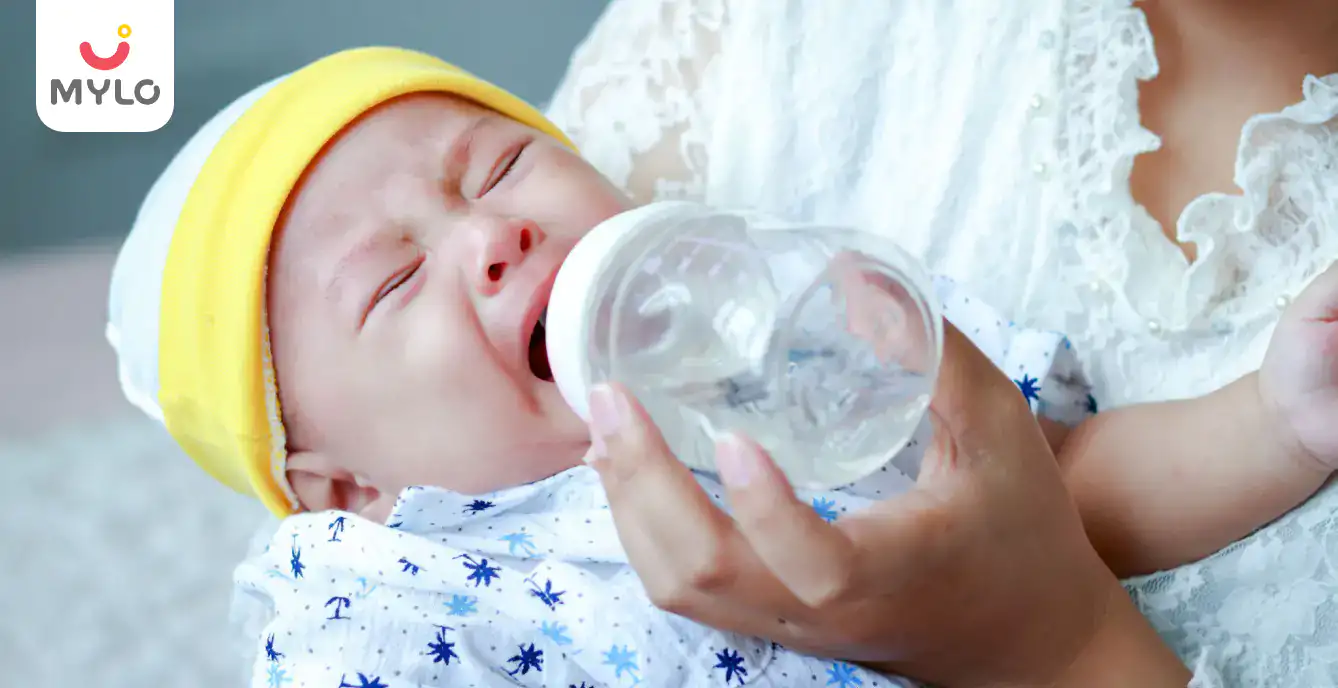
Diet & Nutrition
When Should Parents Introduce Water to Their Little Ones? What Should Be the Accurate Quantity and How to Feed Your Baby?
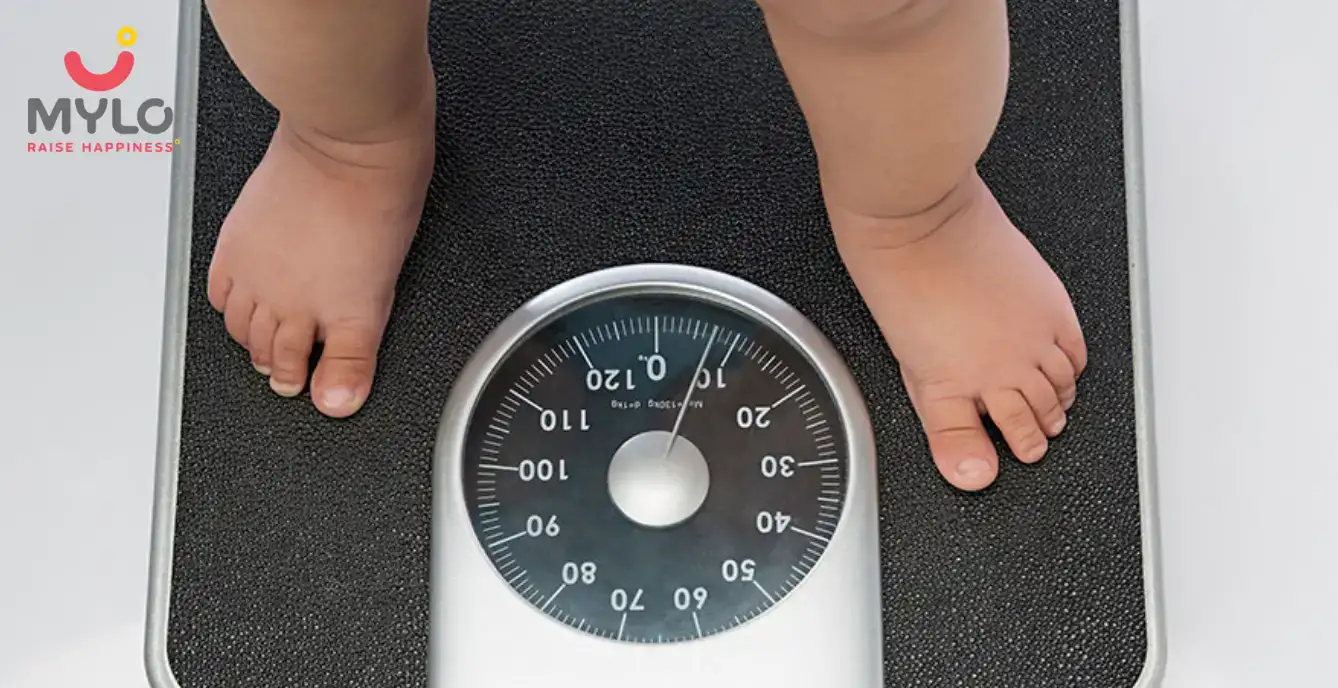
Growth & Development
What to Do if My Toddler is Underweight?

Potty Training
Toilet Training Your Child

Health Tips
When Can I Start Giving My Baby Ice Cream?

Language Skills
Amazing Ways to Help Your Toddler Talk

Parenting Tips
Why Does My Child Seem So Frustrated?
- 10 Best Underrated Shows on Amazon Prime
- 10 Most Watched Amazing Amazon Prime Series
- 10 best movies to watch on amazon prime
- 10 Best Animated Movies for Kids on Hotstar
- 10 Best Out of Waste Items to Encourage Your Children to Create
- 7 Skincare Secrets Bollywood Celebrities Swear By
- The Ultimate First-Trimester To-Do List With Some Helpful Tips
- What Is the Truth About the Size of a Pregnant Belly?
- Top 5 Home Remedies To Get Rid of Unwanted Facial Hair
- 5 Common Causes Behind Infertility & How to Eliminate Them?
- What Does That Line on Your Pregnant Belly Mean and Why It Appears
- Will It Cause Any Harm to Your Baby if You Fall During Your Pregnancy?
- How to Handle Hectic Work Schedules Along With Sleep Deprivation?
- 10 Awesome Ways to Save Money When Welcoming a Baby


AWARDS AND RECOGNITION

Mylo wins Forbes D2C Disruptor award

Mylo wins The Economic Times Promising Brands 2022
AS SEEN IN

- Mylo Care: Effective and science-backed personal care and wellness solutions for a joyful you.
- Mylo Baby: Science-backed, gentle and effective personal care & hygiene range for your little one.
- Mylo Community: Trusted and empathetic community of 10mn+ parents and experts.
Product Categories
baby carrier | baby soap | baby wipes | stretch marks cream | baby cream | baby shampoo | baby massage oil | baby hair oil | stretch marks oil | baby body wash | baby powder | baby lotion | diaper rash cream | newborn diapers | teether | baby kajal | baby diapers | cloth diapers |




